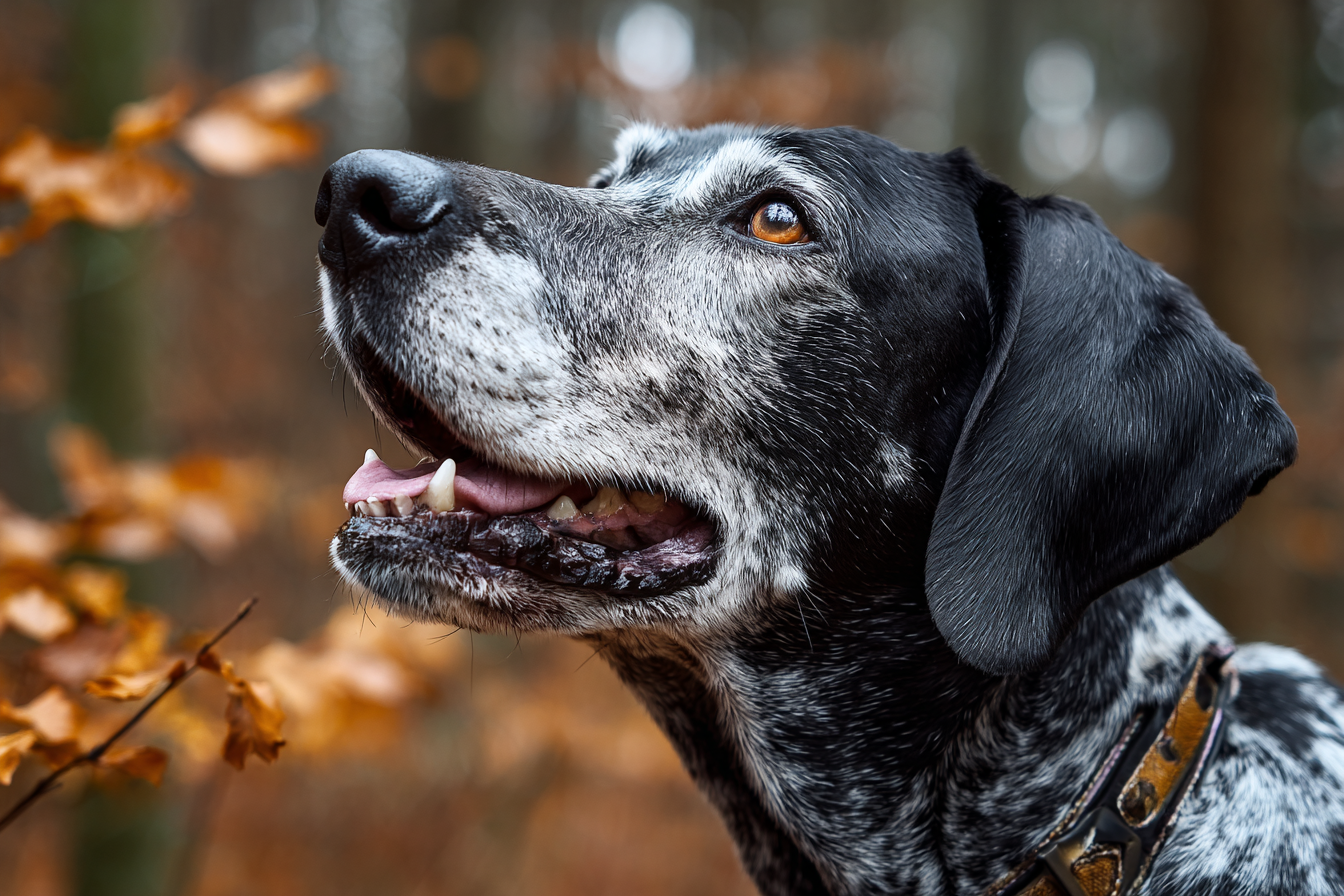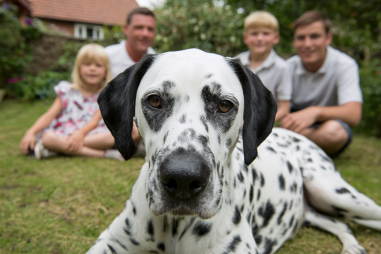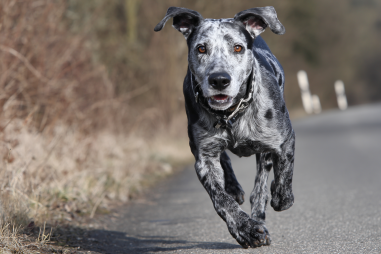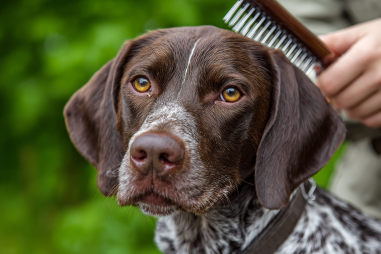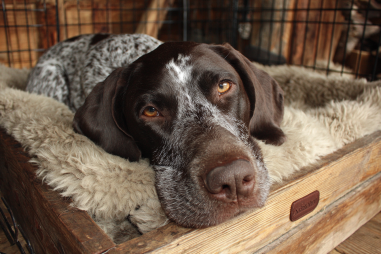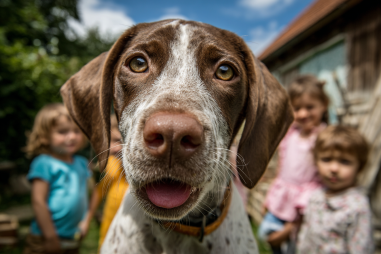Owning a Pointer dog is a rewarding experience filled with energy, intelligence, and loving companionship. Like any beloved pet, understanding their typical lifespan and the best ways to care for them throughout their lives ensures you both enjoy a long, happy, and healthy relationship. This guide will help you learn about the average lifespan of Pointer dogs and provide valuable care tips applicable at every stage of their life.
Average Lifespan of Pointer Dogs
Pointers, known for their athleticism and keen sense of smell, generally have a lifespan ranging between 12 to 15 years. This length is fairly typical for medium to large-sized dogs. Some Pointers can even live longer with optimal care and a healthy lifestyle. However, like all breeds, their longevity depends on several factors, including genetics, diet, exercise, and veterinary care.
Understanding this average lifespan helps owners plan for their Pointer’s changing needs as they transition from playful puppies to active adults, and eventually to wise seniors.
Key Factors Influencing Longevity
Several key factors play a crucial role in determining how long your Pointer will live, including genetics, environment, and lifestyle choices. Here are some of the most important considerations:
- Genetics: The hereditary traits passed down from the dog’s parents can influence susceptibility to certain health issues. Choosing a reputable breeder who tests for common Pointer health problems can reduce genetic risks.
- Nutrition: Proper, balanced nutrition tailored to age and activity level promotes overall well-being and can prevent many diet-related diseases.
- Exercise: Pointers are an energetic breed needing regular physical activity to maintain muscle tone and cardiovascular health. Adequate exercise helps prevent obesity, which is a risk factor for many ailments.
- Healthcare: Preventive measures such as vaccinations, parasite control, and regular vet check-ups play an essential role in early disease detection and management.
- Mental Stimulation: Keeping your Pointer mentally engaged reduces stress and behavioral issues, contributing to a longer, happier life.
- Environment: A safe, stimulating environment helps prevent injuries and promotes a good quality of life.
Nutritional and Exercise Needs at Different Ages
Puppy Stage
During the first year, Pointers undergo rapid growth and development. Feeding a high-quality dog food formulated for large-breed puppies ensures they get essential nutrients like proteins, fats, calcium, and vitamins. Overfeeding should be avoided to prevent excessive weight gain or joint problems. Pointers require frequent, short bursts of exercise at this stage, such as playtime and short walks, to develop muscles and coordination without exhausting their still-growing bodies.
Adult Stage
Once your Pointer reaches adulthood (typically around 1 to 3 years), their dietary needs stabilize. Adult maintenance formulas with appropriate balance of protein and calories support their active lifestyle. At this stage, Pointers need rigorous daily exercise like running, hiking, or field activities due to their hunting and sporting nature. Regular exercise helps maintain lean muscle and cardiovascular health and keeps them mentally stimulated.
Senior Stage
When your Pointer reaches senior years, often after age 8 or 9, their metabolism slows down, and their exercise needs change. Older dogs benefit from diets lower in calories but enriched with joint-supporting supplements such as glucosamine and omega fatty acids. Gentle, moderate exercise like daily walks and light play prevents stiffness and maintains mobility. Adjusting feeding routines and activity can help manage weight and chronic conditions.
Preventive Healthcare and Regular Vet Visits
Preventive healthcare is vital for maximizing your Pointer’s lifespan and maintaining good health. Regular veterinary visits enable early diagnosis and treatment of common health problems such as hip dysplasia, ear infections, and cardiac issues, which are more prevalent in Pointers.
Key components of an effective preventive care routine include:
- Annual or bi-annual health check-ups
- Up-to-date vaccinations against infectious diseases
- Regular parasite control (fleas, ticks, worms)
- Dental care, including cleanings and at-home brushing to prevent periodontal disease
- Weight and body condition monitoring
- Screening for breed-related health issues
Since Pointers are prone to certain hereditary conditions, such as hip and elbow dysplasia or some eye diseases, vigilant observation and prompt veterinary care can significantly improve outcomes.
Signs of Aging and Senior Care Tips
As your Pointer grows older, you may start noticing signs of aging that require special attention. Common signs include:
- Reduced energy levels or reluctance to exercise
- Stiffness or difficulty rising and climbing stairs
- Changes in appetite or weight
- Behavioral shifts, such as increased anxiety or confusion
- Changes in vision or hearing
Providing senior Pointers with a comfortable, supportive environment ensures their quality of life. Tips for senior care include:
- Offering orthopedic beds to relieve pressure on joints
- Providing easy access to food, water, and favorite resting spots
- Using ramps or non-slip mats to reduce injury risks
- Maintaining a consistent routine to reduce anxiety and confusion
- Monitoring for new or worsening health problems and consulting your vet regularly
Adjusting exercise routines to suit their physical capabilities and using gentle massages or physical therapy can also help alleviate discomfort and promote mobility.
Maintaining Quality of Life
To truly maximize your Pointer’s years, focusing on holistic well-being is essential. This involves not only physical care but emotional and social interaction. Pointers thrive on companionship, training, and mental engagement. Here are some tips to maintain a high quality of life throughout all stages:
- Spend quality time daily playing, training, and bonding with your dog
- Provide toys, puzzles, or scent games to stimulate the mind
- Socialize with other dogs and people to prevent loneliness and boredom
- Keep vaccination and preventive care up to date
- Be attentive and responsive to their changing needs and comforts
Ultimately, your love and attention combined with diligent care practices create an environment where your Pointer can flourish and enjoy their fullest years.
Enjoying a Full Life With Your Pointer
Caring for a Pointer throughout their lifespan is a journey filled with joy, activity, and companionship. By understanding the typical lifespan, recognizing health factors, adapting nutrition and exercise to their needs, and staying proactive about preventive care and senior support, you give your loyal Pointer the best chance for a long, happy life. Each stage of their life comes with its unique requirements, but with the right approach, you and your Pointer can share many wonderful years filled with love and adventure.

